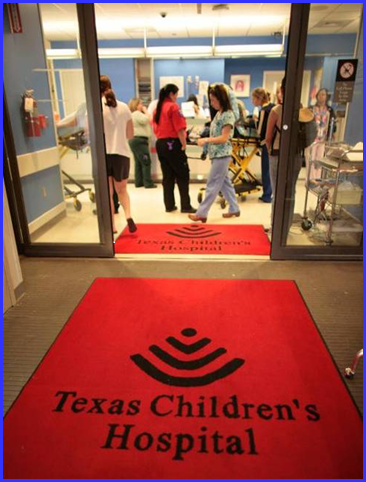
This curriculum is a series of rotations (Pedi CARES and STaRS) that is unique in that it focuses on teaching, communication, and patient safety as well as many of the “secondary issues” of pediatrics. The goal is for residents to have dedicated time to become holistic and competent physicians.
Pedi CARES (Pediatric Community, Advocacy, Resources, Education/Equity & SDOH):
Pedi CARES is a longitudinal curriculum spanning across all 3 years of pediatrics training. During this rotation you will have the opportunity to learn more about the unique needs of certain populations of children and how social drivers, access to resources, community and environment affect their health. You will learn about how you can advocate for equitable health and well-being of all children. Lastly, you will develop skills in teaching, providing evidence-based, cost conscious care and professionalism.
- Pedi CARES Year 1: 3 week rotation, foundational knowledge sessions
- Pedi CARES Year 2: 2 week rotation, community activities and patient care
- Pedi CARES Year 3: 2 week rotation, develop community project
STaRS Rotation
The STaRS (Safety and Teaching as Resident Supervisors) rotation is a uniquely designed, learner-centered rotation to give residents the opportunity to improve teaching, feedback, and supervising skills. The rotation minimizes direct patient care and combines a variety of learning experiences and hands-on opportunities to teach medical students in the clinical setting, to participate in safety initiatives at the institutional level, and to grow as a coach and leader. Residents complete these activities both at Texas Children’s Hospital and Ben Taub Hospital. The goals and objectives of the rotation are the following:
Teaching- Improve resident confidence in teaching and practical use of advanced teaching skills
- Develop and execute didactic presentations geared towards medical students and peers
- Lead bedside teaching sessions geared towards medical students
- Facilitate learning sessions with peers and interns
- Design two PREP style questions and critique those written by the other STAR residents
- Reflect on the your individual identity as teacher
Safety- Enhance resident knowledge, understanding, and application of hospital patient safety practices
- Identify the various patient safety initiatives in the hospital
- Describe methods for collecting, identifying, and reporting safety issues
- Strategize solutions to safety issues that occur in the hospital
Coaching- Improve resident assessment, coaching and feedback skills
- Directly observe and assess patient presentation and handoffs of interns
- Provide appropriate, thoughtful, and constructive feedback on patient presentations and handoffs
- Coach and evaluate feedback given by peers
- Recognize the importance of learning advanced teaching and coaching skills








